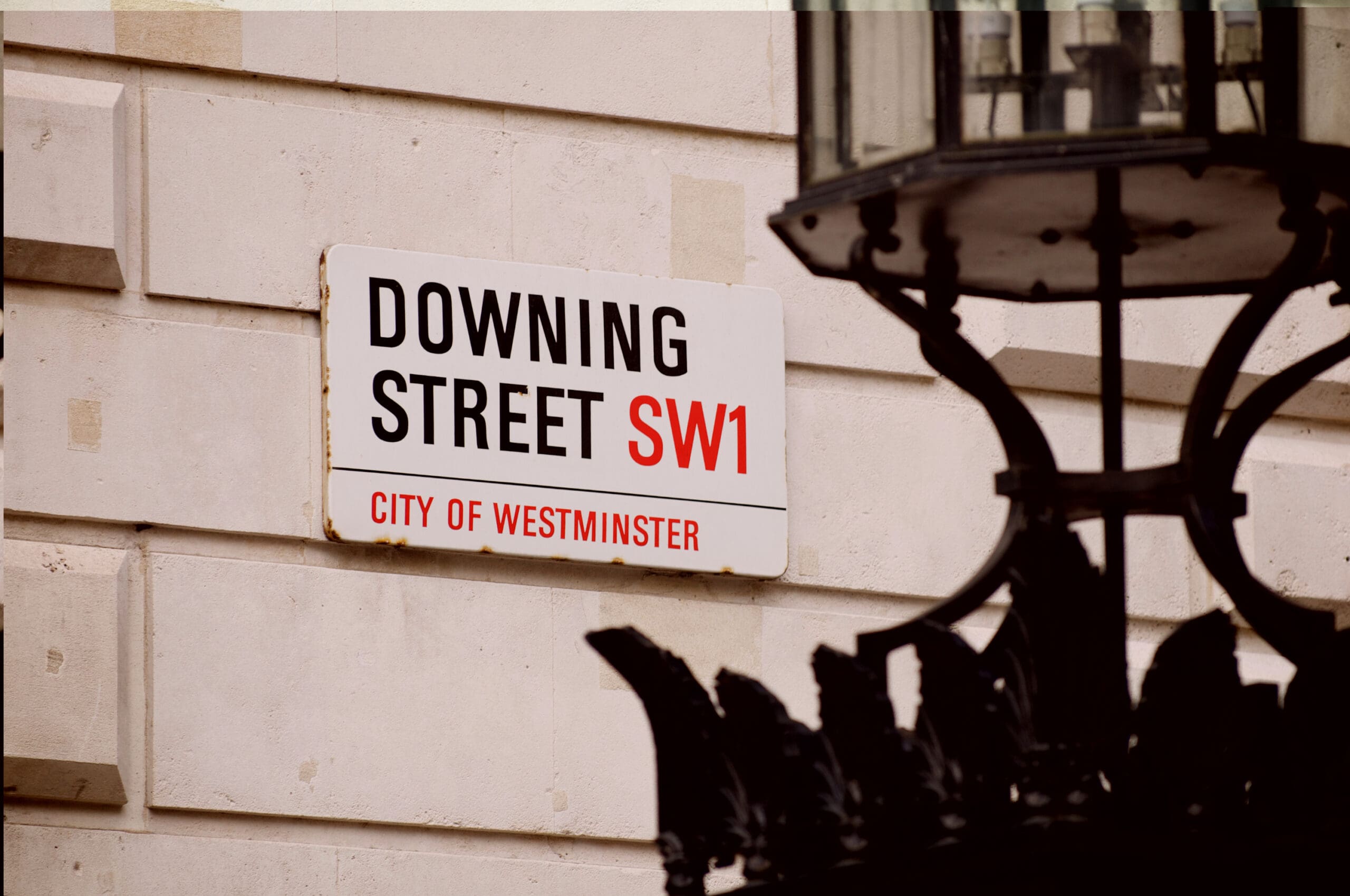
Everything you need to know about this year’s Spring Budget
With a general election around the corner, the Spring Budget 2024 brought a few headline grabbers with inflation expected to fall below 2% this year and the economy headed for steady growth. But what did this year’s Budget bring for businesses? Here are the key announcements.
- VAT boost for business
Welcome news to many will have been the Chancellor’s increase in the VAT threshold for small businesses. Set to rise from £85,000 to £90,000 - but not quite as far as the £100,000 some were hoping for - this policy will come into effect from 1 April.
- Full expensing to be extended
There was positive news to stimulate business investment following the big news in last year’s Autumn Statement that full expensing would become permanent. The £10bn tax cut was intended to stimulate £20bn of investment per year for the next ten years. The limitation of this measure was that it excluded businesses who simply didn’t have the capital to invest in new plant and machinery.
This time around, however, the Chancellor announced that this tax cut will be applicable to leased equipment, making it a much bigger catalyst for business investment. Through the scheme, businesses will be able to lease new equipment and offset the costs against their tax bill, reducing their tax by up to 25% for every £1 invested.
- National Insurance cut by 2p
Most widely speculated before the budget even began, the Chancellor revealed there will be a 2p cut to National Insurance from the 6 April, bringing this down from 10% to 8% - having already fallen by 2p in last year's Autumn Statement. For those who are self employed this figure drops from 8% to 6%.
This cut will, no doubt, put money back into the pockets of the general public, and subsequently should have a positive impact on consumer spending, ultimately boosting business and economic growth.
- Growth Guarantee Scheme
A headline grabber for businesses was the transition of the Recovery Loan Scheme (RLS) into the Growth Guarantee Scheme. With the RLS having wound down its support, the Government has now invested £200m into a new initiative, which will support 11,000 UK SMEs.
This access to new finance will be positive news for the SMEs currently juggling the ongoing cost of high overheads, whilst investing in growth.
What does this mean for businesses?
This year’s budget served as a pre-election draw, so naturally the focus was public interest policies. That said, businesses were handed several measures which set out to improve opportunity, investment potential and stabilise the economy for continued growth.
If the OBR’s predictions are correct, inflation will fall lower than the 2% target in a couple of months, which will play a huge role in business confidence.
But while the positive measures for businesses were evident in the Chancellor’s budget, beyond these, there is another side to the story. Business overheads remain high, and in a recent poll of our community we found that 62% feel that cashflow is still the biggest threat to businesses right now.
So while these measures aim to improve opportunities for businesses, their overheads remain challenging, and until inflation and interest rates fall, businesses still need immediate relief from their overheads, something the Chancellor did not address this time around.